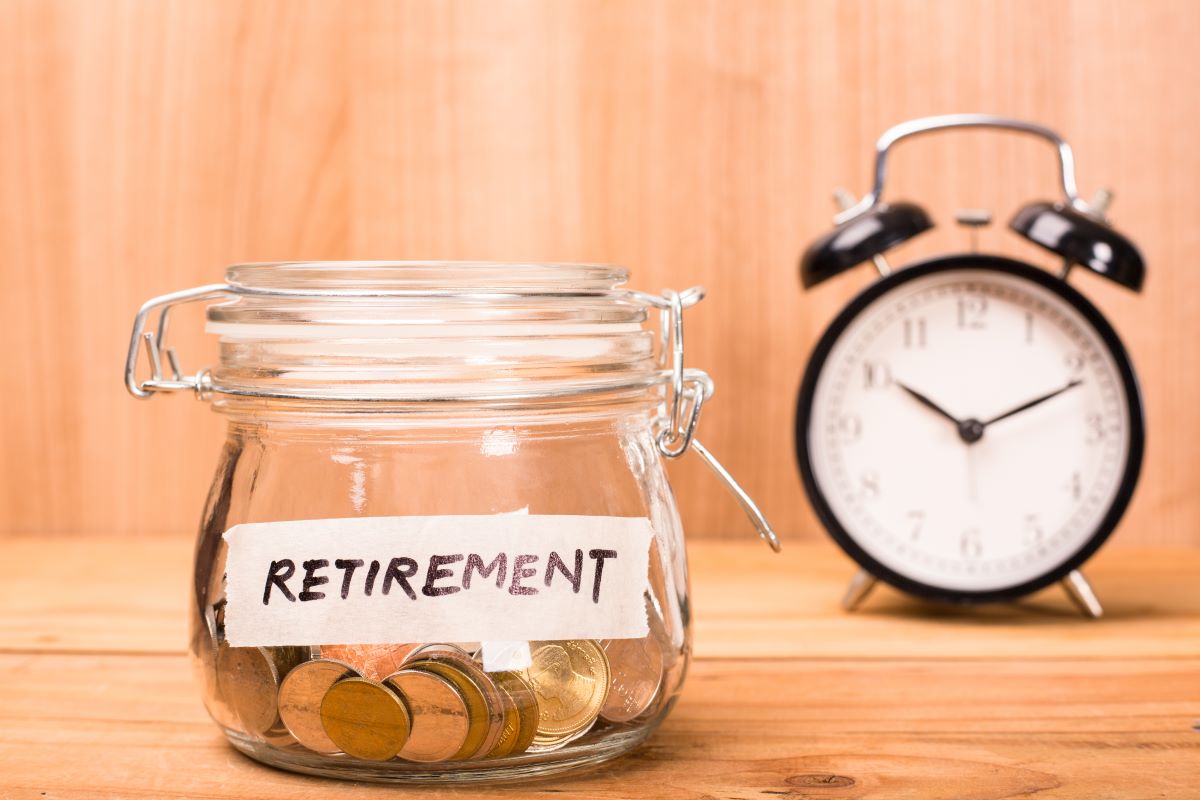Contrary to what most people think, the UK isn’t the most expensive country in Europe or even the rest of the world. That title belongs to Switzerland, according to a CEOWorld Magazine report.
In fact, countries like the United States, South Korea, and Canada have higher costs of living. However, the UK still belongs in the top 30 among over 125 countries.
While it isn’t too pricey, it is also not the most affordable. For Brits who desire to retire completely someday, how much do they need to live a comfortable life?
What the Studies Say
Many financial experts follow a general rule in determining a person’s retirement need: multiply the present yearly spending by 25. It then represents the amount they can live with if they take out 4% annually from their portfolio.
But to know the best estimate is to account for a variety of factors. These include the kind of lifestyle a person wants when they reach pension age.
In the latest report by the Pensions and Lifetime Savings Association (PLSA) and Loughborough University, the ideal minimum amount for retirees is £10,200 for single people and £15,700 for couples a year. This will cover the basic needs with a few extras for fun.
Those who like more financial stability or security should be able to access £20,200 if they’re single and almost £30,000 if they’re married. Lastly, for a most comfortable life, the Brits need to have the ability to withdraw at least £45,000 if they’re a couple and over £30,000 if they’re single.
Now, an average person in the UK can live up to 81 years old, while the retirement age is 67. They have to cover 14 years of work-free life.
Using the numbers above, someone earning today should target to save or raise around £220,000 if they want to cover only the basics or a whopping £630,000 if they want to afford luxuries by then.
Note, though, that the report’s definition of a minimum lifestyle doesn’t include owning a vehicle. They can eat out but only do so once a month.
Moreover, the costs of many basic needs change over time. Take, for example, housing.
According to a report by the Independent, someone who will still have to rent a house upon retirement could end up needing over £440,000 if they earn around £27,000 annually today and would like to maintain their lifestyle.
When it comes to healthcare, the NHS subsidizes much of the costs. However, the out-of-pocket spending per person in the country is still about $630. Because aging is a major risk factor for chronic diseases, this cost will rise over time.
How Brits Can Afford Retirement
Fortunately, people in the UK have a lot of options for saving and investing. One, companies can work with a defined benefit consultant. Also known as DB, this pension scheme provides secure income based on the contribution of the employer and the employee.
The amount that goes into the account depends on several factors: the working years and salary at the time of retirement. The latter matters because the pensionable earnings may be according to the final salary or average wages over a person’s career.
Relying on the contributions, however, won’t significantly boost the potential retirement income. Thus, the scheme appoints a trustee to hold and invest the assets wisely. This person may then get advice from a DB consultant to maximize the investment’s performance.
Other tips include:
1. Make Housing More Affordable — When one has the opportunity to buy a property, it may be a good idea to do so as soon as possible. A Brit planning to retire can also consider moving away from London, where property prices are highest.
2. Pay Off Most Debts Now — A person may save and pay off debts simultaneously, but if they have high-interest financial obligations, they may have to focus on settling them first. Otherwise, the interest will only offset the savings. Many strategies, such as the debt snowball method or debt consolidation, can help manage repayments.
3. Decide What Matters upon Retirement — Someone who prefers to travel more frequently during retirement may downsize to a smaller house in the suburbs or country. Whatever they save from lease or housing can go towards their travel fund.

In reality, if the rate of change in salary remains the same within the next years, only 1 in every 6 workers can afford a moderate to comfortable income upon retirement.
The majority will have enough for all of their needs and some wants. Even then, the message is clear: even the minimum is still way better than nothing.
